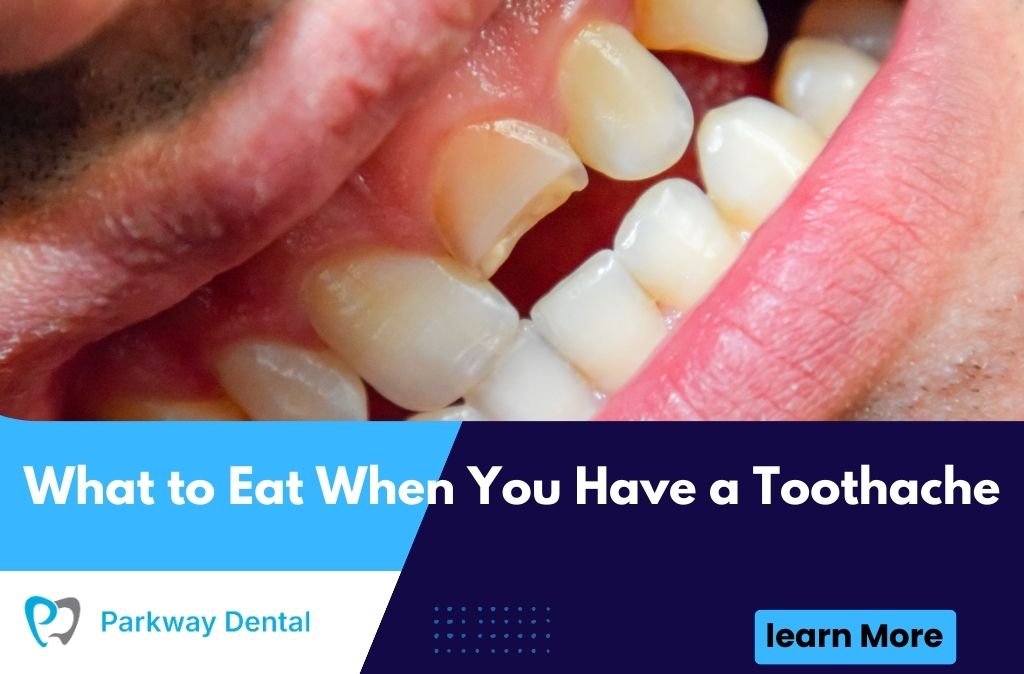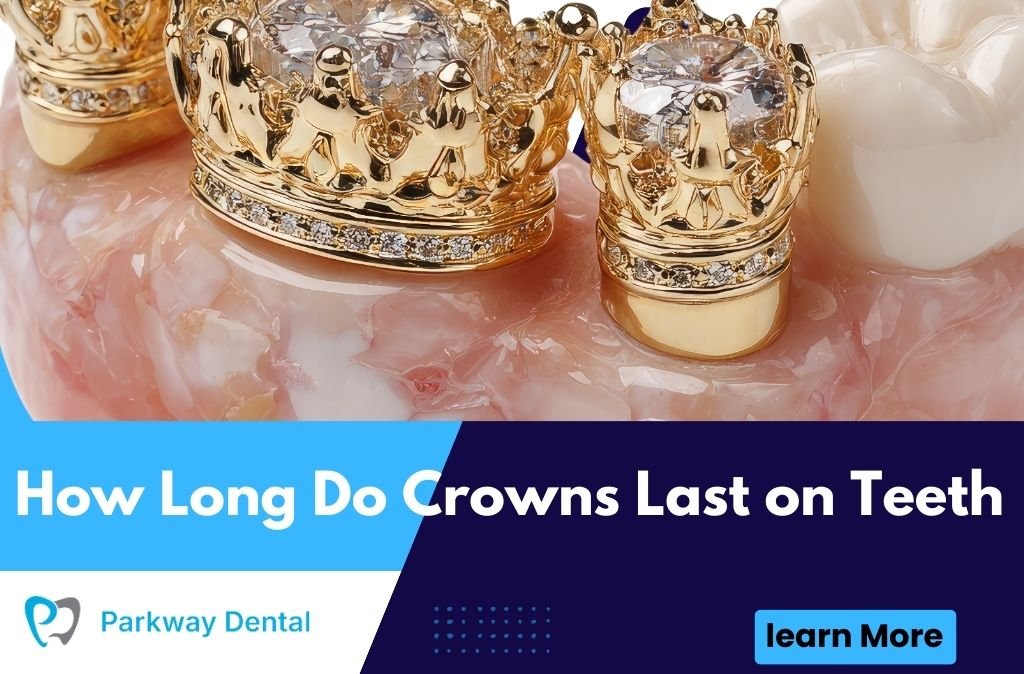Sensitive teeth can make simple activities like enjoying a cold drink or sipping hot coffee an uncomfortable experience. This common dental issue affects millions of people worldwide, but many aren’t sure why it happens or how to treat it. In this comprehensive guide, we’ll explore what causes sensitive teeth, the best treatments available, home remedies, and ways to prevent tooth sensitivity. We’ll also cover specific triggers like hot and cold foods and provide recommendations for the best toothpaste to ease your discomfort.
What Causes Sensitive Teeth?
Tooth sensitivity occurs when the protective layers of your teeth are compromised, exposing the underlying dentin. Dentin contains microscopic tubules filled with nerve endings, which react when exposed to hot, cold, sweet, or acidic foods. The most common causes of sensitive teeth include:
- Enamel Erosion: This is the gradual wearing away of the tooth’s enamel, the hard, outer layer. It can result from aggressive brushing, consuming acidic foods and drinks, or grinding your teeth.
- Gum Recession: As gums recede, the roots of your teeth become exposed. Since the roots aren’t protected by enamel, they’re more susceptible to sensitivity.
- Tooth Decay and Damage: Cavities, chipped, or cracked teeth can leave the dentin exposed, leading to heightened sensitivity.
- Dental Procedures: Treatments like teeth whitening, fillings, or crowns can sometimes result in temporary sensitivity as your teeth adjust.
- Gum Disease: Inflammation of the gums can lead to bone loss and recession, exposing the tooth roots and causing sensitivity.
Understanding the root cause of your tooth sensitivity is essential for effective treatment. If you’re experiencing sudden or severe tooth sensitivity, it’s crucial to consult with your dentist to rule out serious conditions like tooth decay or gum disease.
Best Treatments for Sensitive Teeth
Once you’ve identified the cause of your tooth sensitivity, the next step is finding the best treatment to alleviate the discomfort. Here are some of the most effective treatments:
- Desensitizing Toothpaste: Specially formulated toothpastes like Sensodyne or Colgate Sensitive Pro-Relief contain ingredients that help block the sensation from reaching the nerve of the tooth. Regular use can significantly reduce sensitivity over time.
- Fluoride Treatments: Your dentist may apply a fluoride gel or varnish to the sensitive areas to strengthen the tooth enamel and reduce pain.
- Dental Bonding: For exposed root surfaces, your dentist might recommend applying a bonding agent to seal the dentin and protect it from exposure.
- Gum Grafts: If gum recession is causing your sensitivity, a gum graft can cover the exposed roots, reducing sensitivity and improving the appearance of your gums.
- Root Canal: In severe cases where sensitivity is due to nerve damage or deep decay, a root canal might be necessary. This procedure removes the damaged nerve, eliminating sensitivity.
Consulting with your dentist is the best way to determine which treatment option is right for you. They can assess your specific condition and recommend a tailored treatment plan.
Home Remedies for Tooth Sensitivity
While professional treatments are often necessary for severe cases, there are several home remedies you can try to alleviate mild tooth sensitivity:
- Saltwater Rinse: Rinsing with a saltwater solution can help reduce inflammation and discomfort in sensitive teeth. Mix half a teaspoon of salt in a glass of warm water and rinse twice daily.
- Hydrogen Peroxide: This mild antiseptic can help reduce pain and inflammation. Dilute hydrogen peroxide with equal parts water, swish it around your mouth for 30 seconds, and then rinse with plain water.
- Clove Oil: Known for its analgesic properties, clove oil can be applied directly to the sensitive area to numb the pain. Use a cotton ball to dab a small amount of clove oil onto the affected tooth.
- Green Tea: Rich in antioxidants, green tea can help reduce inflammation and strengthen teeth. Drink unsweetened green tea or use it as a mouthwash twice daily.
- Avoid Acidic Foods and Drinks: Reducing your intake of acidic foods and beverages like citrus fruits, soda, and wine can prevent further enamel erosion, reducing sensitivity.
While these remedies can provide temporary relief, they are not a substitute for professional dental care. If your symptoms persist, it’s essential to visit your dentist for a comprehensive evaluation.
Why Are My Teeth So Sensitive?
If you’ve ever asked yourself, “Why are my teeth so sensitive?” you’re not alone. Tooth sensitivity is a common complaint, but the reasons behind it can vary widely. Here are some possible explanations:
- Enamel Loss: Over time, the enamel that protects your teeth can wear down due to brushing too hard, acidic foods, or grinding your teeth. This leaves the dentin exposed, making your teeth more sensitive.
- Gum Recession: As you age, your gums naturally recede, exposing the tooth roots. The roots don’t have the same protective enamel layer as the rest of the tooth, making them more vulnerable to sensitivity.
- Recent Dental Work: If you’ve recently had a filling, crown, or teeth whitening treatment, your teeth may be temporarily sensitive as they adjust.
- Tooth Decay: Cavities can leave your teeth exposed and lead to sensitivity, especially if the decay is deep.
- Cracked Teeth: A crack in your tooth can expose the nerves, leading to sharp pain when you eat or drink something hot, cold, or sweet.
- Gum Disease: Periodontal disease can cause your gums to recede and bone to deteriorate, exposing the sensitive areas of your teeth.
Understanding the specific cause of your tooth sensitivity is crucial for finding the right treatment. If you’re unsure, it’s best to schedule a visit with your dentist.
Sensitive Teeth Pain Relief
Dealing with the discomfort of sensitive teeth can be frustrating, but there are several strategies you can use to find relief:
- Use a Soft-Bristled Toothbrush: Brushing with a soft-bristled toothbrush can help protect your enamel and gums from further damage. Hard bristles can wear down enamel and exacerbate sensitivity.
- Desensitizing Toothpaste: As mentioned earlier, using a toothpaste specifically designed for sensitive teeth can help block pain signals from reaching the nerve. Look for toothpastes that contain potassium nitrate or stannous fluoride.
- Avoid Abrasive Toothpaste: Some whitening or tartar-control toothpastes can be too abrasive for sensitive teeth. Stick to milder formulas designed to protect enamel.
- Watch Your Diet: Avoiding foods and drinks that trigger sensitivity, such as hot coffee, cold ice cream, or acidic fruits, can help minimize discomfort.
- Mouthguard for Teeth Grinding: If you grind your teeth at night, consider using a mouthguard to protect your enamel from further wear.
- Regular Dental Checkups: Regular visits to your dentist can help catch any potential issues before they become serious. Your dentist can also provide professional treatments to reduce sensitivity.
Finding the right combination of strategies can make a significant difference in managing tooth sensitivity. If over-the-counter products aren’t enough, consult with your dentist for more advanced treatment options.
How to Prevent Tooth Sensitivity
Prevention is always better than cure, and there are several steps you can take to reduce your risk of developing tooth sensitivity:
- Practice Good Oral Hygiene: Brush twice a day with fluoride toothpaste and floss daily to keep your teeth and gums healthy. This helps prevent decay and gum disease, which can lead to sensitivity.
- Use a Soft-Bristled Toothbrush: Gentle brushing with a soft-bristled toothbrush can prevent enamel wear and gum recession.
- Avoid Acidic Foods and Drinks: Limiting your intake of acidic foods and beverages can help protect your enamel from erosion.
- Stay Hydrated: Drinking plenty of water helps wash away acids and bacteria that can harm your teeth. It also promotes saliva production, which helps protect enamel.
- Use a Mouthguard: If you grind your teeth, wearing a mouthguard at night can prevent enamel wear and reduce sensitivity.
- Regular Dental Visits: Regular checkups and cleanings can help catch early signs of gum disease, cavities, or enamel wear before they lead to sensitivity.
By incorporating these practices into your daily routine, you can reduce your chances of developing tooth sensitivity and maintain a healthy smile.
Tooth Sensitivity to Hot and Cold
One of the most common triggers for tooth sensitivity is exposure to hot and cold temperatures. Whether it’s a steaming cup of coffee or an ice-cold drink, sudden temperature changes can cause sharp pain in sensitive teeth. Here’s why this happens and what you can do about it:
- Exposed Dentin: When the enamel is worn away or gums recede, the underlying dentin is exposed. Dentin is full of tiny tubules that lead to the tooth’s nerve, making it highly sensitive to temperature changes.
- Cracks in Teeth: Cracks or fractures in your teeth can also expose the nerves, making them more sensitive to hot and cold.
- Recent Dental Work: After procedures like fillings or crowns, it’s not uncommon to experience temporary sensitivity to temperature changes as your teeth adjust.
How to Manage Sensitivity to Hot and Cold:
- Use Desensitizing Toothpaste: Regular use of desensitizing toothpaste can help block pain signals triggered by hot and cold.
- Avoid Extreme Temperatures: If you know your teeth are sensitive, try to avoid very hot or cold foods and drinks. Let hot beverages cool slightly before drinking, and avoid eating ice or drinking ice-cold water.
- Use a Straw: When drinking cold beverages, using a straw can help bypass your teeth, reducing the impact of temperature changes.
If you continue to experience discomfort, it’s important to talk to your dentist. They can help determine the cause and suggest the best treatment options.
Foods That Trigger Sensitive Teeth
Certain foods and drinks can trigger or worsen tooth sensitivity. If you’re dealing with sensitive teeth, it’s helpful to know which foods to avoid or consume in moderation:
- Acidic Foods and Drinks: Citrus fruits (like lemons, oranges, and grapefruits), tomatoes, pickles, and soda are high in acid, which can erode enamel and worsen sensitivity.
- Cold Foods: Ice cream, cold drinks, and even yogurt can trigger sharp pain in sensitive teeth.
- Sugary Foods: Sweets and sugary drinks can contribute to tooth decay, which can lead to sensitivity.
- Hot Drinks: Hot coffee, tea, and soups can also trigger discomfort in sensitive teeth.
- Sticky Foods: Foods that stick to your teeth, like caramel or dried fruit, can cause prolonged exposure to sugar and acid, increasing the risk of decay and sensitivity.
How to Enjoy Foods Without Discomfort:
- Rinse After Eating: Rinsing your mouth with water after eating can help wash away acids and sugars that can damage your teeth.
- Chew Sugar-Free Gum: Chewing sugar-free gum after meals stimulates saliva production, which helps neutralize acids and protect your teeth.
- Use a Straw: As mentioned earlier, using a straw can help minimize contact between your teeth and acidic or cold drinks.
Toothpaste for Sensitive Teeth
Choosing the right toothpaste is crucial for managing tooth sensitivity. Desensitizing toothpaste is specifically formulated to help reduce discomfort and protect your teeth. Here’s what to look for in a toothpaste for sensitive teeth:
- Active Ingredients: Look for toothpaste that contains potassium nitrate or stannous fluoride. These ingredients help block pain signals from reaching the nerve of the tooth and strengthen enamel.
- Fluoride Content: Fluoride is essential for strengthening enamel and protecting your teeth from decay. Make sure your toothpaste contains fluoride for added protection.
- Avoid Whitening Toothpaste: Whitening toothpaste can be too abrasive for sensitive teeth, leading to increased discomfort. Stick to gentle formulas designed for sensitive teeth.
- ADA Seal of Acceptance: Check for the American Dental Association (ADA) seal on your toothpaste. This indicates that the product is safe and effective for managing tooth sensitivity.
Top Recommended Toothpastes for Sensitive Teeth:
- Sensodyne: One of the most popular brands for sensitive teeth, Sensodyne offers a range of products designed to provide long-lasting relief.
- Colgate Sensitive Pro-Relief: This toothpaste offers instant relief by blocking the pathways to sensitive nerves.
- Crest Gum & Sensitivity: Specifically designed to target sensitivity and gum health, this toothpaste provides dual-action protection.
Using the right toothpaste can make a significant difference in managing tooth sensitivity. Make sure to use it regularly and follow your dentist’s recommendations for the best results.
Sensitive Teeth After Whitening Treatment
Teeth whitening is a popular cosmetic procedure, but it can sometimes lead to increased sensitivity. This sensitivity is usually temporary, but it can be uncomfortable. Here’s why it happens and how to manage it:
- Enamel Dehydration: Whitening products can temporarily dehydrate the enamel, making it more porous and sensitive to temperature changes.
- Exposure to Whitening Agents: The chemicals used in whitening treatments, such as hydrogen peroxide or carbamide peroxide, can penetrate the enamel and irritate the nerves in your teeth.
Tips for Managing Sensitivity After Whitening:
- Use Desensitizing Toothpaste: Start using desensitizing toothpaste a few weeks before your whitening treatment and continue using it afterward to help reduce sensitivity.
- Avoid Hot and Cold Foods: For a few days after whitening, try to avoid hot and cold foods and drinks to prevent triggering sensitivity.
- Shorten Whitening Sessions: If you’re using an at-home whitening kit, consider shortening the whitening sessions to reduce sensitivity.
If your sensitivity persists, it’s important to consult your dentist. They can recommend additional treatments or adjust your whitening routine to minimize discomfort.
Tooth sensitivity is a common but manageable condition. By understanding the causes and exploring the various treatment options, you can find relief and enjoy your favorite foods and drinks without discomfort. Whether you choose professional treatments, home remedies, or a combination of both, it’s essential to address tooth sensitivity promptly to prevent further dental issues.
At Parkway Dental, located in West Roxbury MA we offer a range of dental services tailored to meet your needs. If you’re struggling with sensitive teeth, our experienced team is here to help you find the best solutions for lasting relief. Contact us today to schedule an appointment and take the first step toward a pain-free smile.






